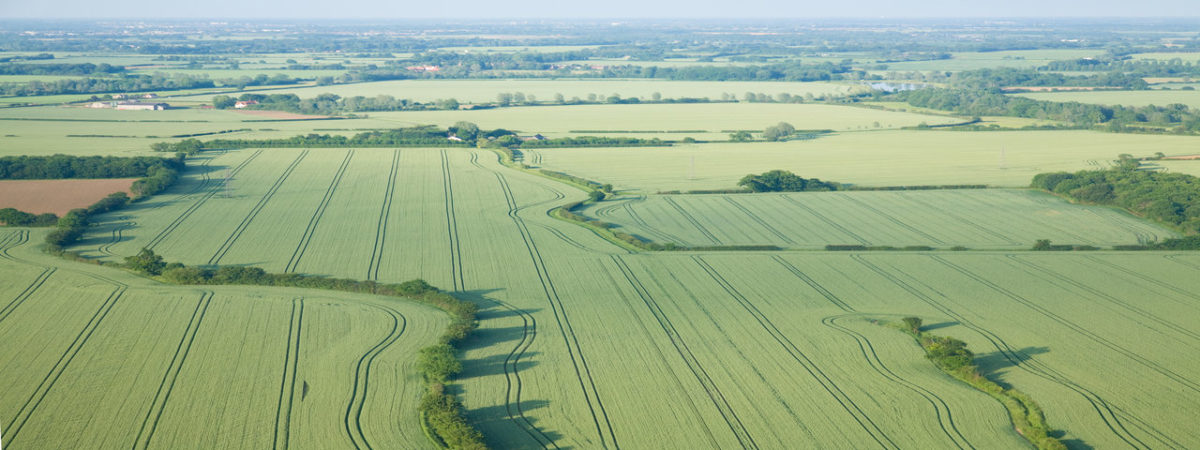Rhinos: Conservation, Economics and Trade-Offs
SUGGESTED



In this paper Michael 't Sas-Rolfes carefully examines the benefits and costs of reopening the trade in rhino products. He suggests a strategy for managing the opening of this trade to increase the probability that rhinos as a wild species will survive.
Rhinos are among the most endangered species in the world today.
They are poached for their horns and other body parts, which command high prices in Asian markets.
Rhino horn has been used for many centuries to make dagger handles in the Middle East, and as an ingredient in traditional Chinese madicines (not as an aphrodisiac).
Despite having been banned for 20 years, the trade in rhino horn continues, being highly lucrative on international black markets.
The demand for rhino horn is different from the demand for ivory, so the positive short-term effects of banning ivory cannot be repeated.
Most parks and wildlife agencies have insufficient funds to protect their rhino populations adequately; rural people in many countries are so poor they will risk their lives to poach rhinos for seemingly low rewards.
Parks and wildlife agencies have accumulated large stockpiles of horn worth millions of dollars, but they are not allowed to sell these under the trade ban.
If the trade in rhino horn were legalised, these agencies would be able to obtain much-needed funds for rhino management and protection.
The legalisation of rhino horn will fail without certain institutional changes, such as the greater recognition of private property rights, and increased financial autonomy in state conservation agencies.
Ideally, most rhinos should be privately owned, and ranched to supply their horn and other products to market; this is the approach that is most likely to prevent them from becoming extinct in the wild.
1995, Studies in the Environment No. 4, ISBN 978 0 255 36347 1, PB
See also:
Does CITES Work? Four Case Studies by Michael ‘t Sas Rolfes.



